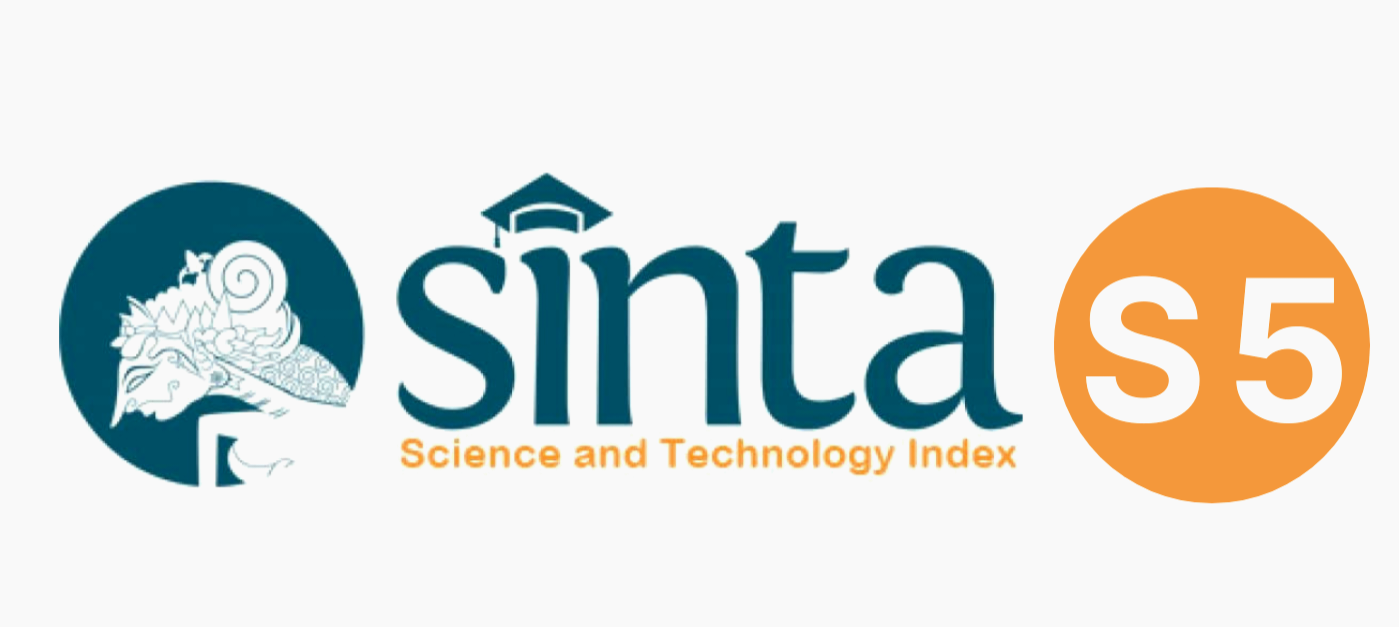Sosialisasi Perizinan Usaha Untuk UMKM pada Kelompok PKK Kelurahan Telaga Sari
DOI:
https://doi.org/10.22225/csj.6.2.2024.71-75Keywords:
izin usaha mikro kecil (IUMK), manfaat dan kendala, online single submission (OSS), perizinan UMKM, rekomendasiAbstract
Socialization activities on business licensing were conducted on the PKK group of RT. 45 Telaga Sari Village in Balikpapan city. Licensing socialization was carried out considering the smoothness of a business for orderliness in complying with the regulations that apply in a region.
Micro and Small Enterprises (MSEs) are a business sector that has an important role in the Indonesian economy. However, many still do not have a business license, either offline or online. Whereas, a business license can provide various benefits for MSEs, such as legal certainty, ease of access to capital, tax facilities, and government assistance. Therefore, this article aims to inform the procedures, benefits, and obstacles in making a micro and small business license (MSBL).
This article uses a qualitative descriptive method by collecting data from various sources, such as the OSS website, Kompas.com, OCBC NISP, and Yukk.co.id. The analysis results show that the procedure for making MSBL offline includes filling out forms and documents of requirements at the sub-district office, while online includes registering on the OSS website and filling in business data. The benefits of having MSBL include obtaining business legality, legal protection, ease of capital, tax facilities, and government assistance. The obstacles faced by MSEs in making MSBL include lack of awareness, knowledge, and ability to manage licensing, as well as bureaucracy and complicated requirements.
This article recommends that MSEs be more proactive and initiative in making MSBL, as well as utilizing the online services provided by the government. The government also needs to increase socialization, education, and facilitation related to licensing, as well as simplify the processes and requirements needed. Thus, it is expected that the number of MSEs that have business licenses can increase, so that they can contribute more optimally to the national economy.
Keywords: MSEs licensing, Micro and Small Business License (MSBL), Online Single Submission (OSS), Benefits and obstacles, Recommendations
References
Darodjat, R., & Utarie, F. (2022). Klasterisasi Perizinan Usaha Makanan Secara Online. Community Services Journal (CSJ) 5(3), 572–583.
Digital, P., Marga, D., Puri, D., Marga, K., & Tabanan, K. (2023). Penguatan BUMDES , Penanggulangan Demam Berdarah , dan. 6(1), 28–33.
Miswaty, Sukimin, Juwari, (2022), Pelatihan pemasaran terhadap produk usaha ibu-ibu PKK RT 28, kelurahan Damai, Kota Balikpapan, Jurnal Abdimasyarakat Ilmu Ekonomi JAMIE, 16-21
Sudjinan, & Juwari. (2018). Pemberdayaan Potensi Mayarakat Melalui Pendampingan UMKM Dan Koperasi Di Kelurahan Telaga Sari Kota Balikpapan. Jurnal Abdi Masyarakat Ilmu Ekonomi (J.A.M.I.E), 1-10. Retrieved from https://media.neliti.com/media/publications/291122-pemberdayaan-potensi-masyarakat-melalui-d72267c7.pdf.
Yanti, R. M. (2021). Branding Sebagai Solusi Pengembangan UMKM Di Kota Balikpapan Studi Kasus: RT.26 Kelurahan Telaga Sarii. PIKAT, 1-8. Retrieved from https://journal.itk.ac.id/index.php/pikat/article/download/405/314.
Fuadi, D. S., Akhyadi, A. S., & Saripah, I. (2021). Systematic Review: Strategi Pemberdayaan Pelaku UMKM Menuju Ekonomi Digital Melalui Aksi Sosial. Diklus: Jurnal Pendidikan Luar Sekolah, 5(1), 1-13.
Sarfiah, S., Atmaja, H., & Verawati, D. (2019). UMKM sebagai pilar membangun ekonomi bangsa. Jurnal REP (Riset Ekonomi Pembangunan), 4(2), 1-189.
Hamza, L. M., & Agustien, D. (2019). Pengaruh perkembangan usaha mikro, kecil, dan menengah terhadap pendapatan nasional pada sektor UMKM di Indonesia. Jurnal Ekonomi Pembangunan, 8(2), 127-135.
Budiarto, R., Putero, S. H., Suyatna, H., Astuti, P., Saptoadi, H., Ridwan, M. M., & Susilo, B. (2018). Pengembangan UMKM antara konseptual dan pengalaman praktis. Ugm Press.
Suci, Y. R. (2017). Perkembangan UMKM (Usaha mikro kecil dan menengah) di Indonesia. Jurnal ilmiah cano ekonomos, 6(1), 51-58.





